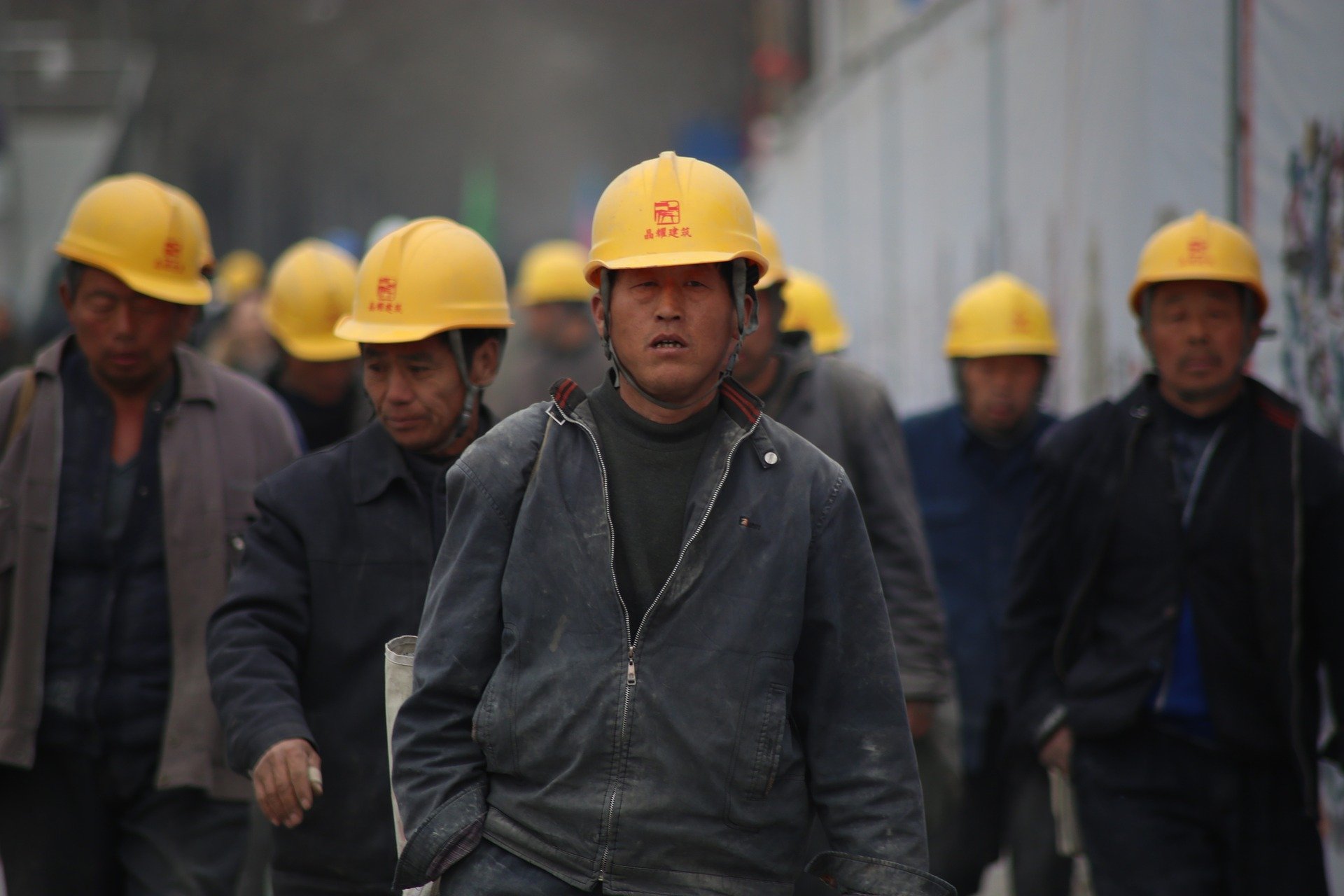
China's economy grew 3 per cent last year, not even half the rate of 2021

China’s economic growth fell to its second-lowest level in at least four decades last year, under pressure from anti-virus controls and a real estate slump. But activity is reviving after restrictions that kept millions of people at home and sparked protests were lifted.
The world’s No. 2 economy grew by 3 per cent in 2022, less than half of the previous year’s 8.1 per cent, official data showed Tuesday. This was the second-lowest annual rate since at least the 1970s after 2020, when growth fell to 2.4 per cent at the start of the coronavirus pandemic.
Slow revival
Consumer and business activity are reviving after the ruling Communist Party’s severe zero Covid controls ended abruptly in December. But wary consumers are returning only gradually to shopping malls and restaurants as China copes with a surge in infections that has flooded hospitals.
Also read: India among lowest-cost manufacturing hubs, beating China: Report
The government says the peak of that wave appears to have passed.
Economic growth sank to 2.9 per cent over a year earlier in the three months ending in December from the previous quarters 3.9 per cent, the National Bureau of Statistics reported.
China’s slump has hurt its trading partners by reducing demand for oil, food, consumer goods and other imports. A rebound would be a boost to global suppliers who face a growing risk of recession in Western economies, reports AP.
Weak real estate industry
The International Monetary Fund and private sector forecasters call for growth to improve this year but to a still-modest level of about 5 per cent. They point to weakness in China’s real estate industry, an important economic engine, and an export slump as US and European demand for Chinese goods cools after interest rate hikes to fight surging inflation.
To shore up the economy, the ruling party has backtracked on key financial and industrial policies. Beijing has indicated it is winding down anti-monopoly and data crackdowns aimed at tightening control over China’s tech industries. That campaign wiped hundreds of billions of dollars off the share prices of e-commerce giant Alibaba and other tech companies on foreign stock exchanges.
The government also is loosening controls on real estate financing after tighter controls on debt, that Chinese leaders worry is dangerously high, caused economic growth to slide starting in 2021.
New promises
On Saturday, the Cabinet promised tax cuts, bank loans and other support for entrepreneurs to promote stable growth.
Also read: China announces first population decline in decades
Reopening should result in a burst of growth over the coming year, said Goldman Sachs economist Andrew Tilton in a report Friday. Goldman raised its outlook on this years expansion to 5.2 per cent from 4.5 per cent.
Others are more cautious. The World Bank this month cuts it 2023 growth outlook for China to 4.3 per cent from a forecast in June of 5.2 per cent. It cited uncertainty about COVID-19 and the weak real estate industry.
(With Agency inputs)

